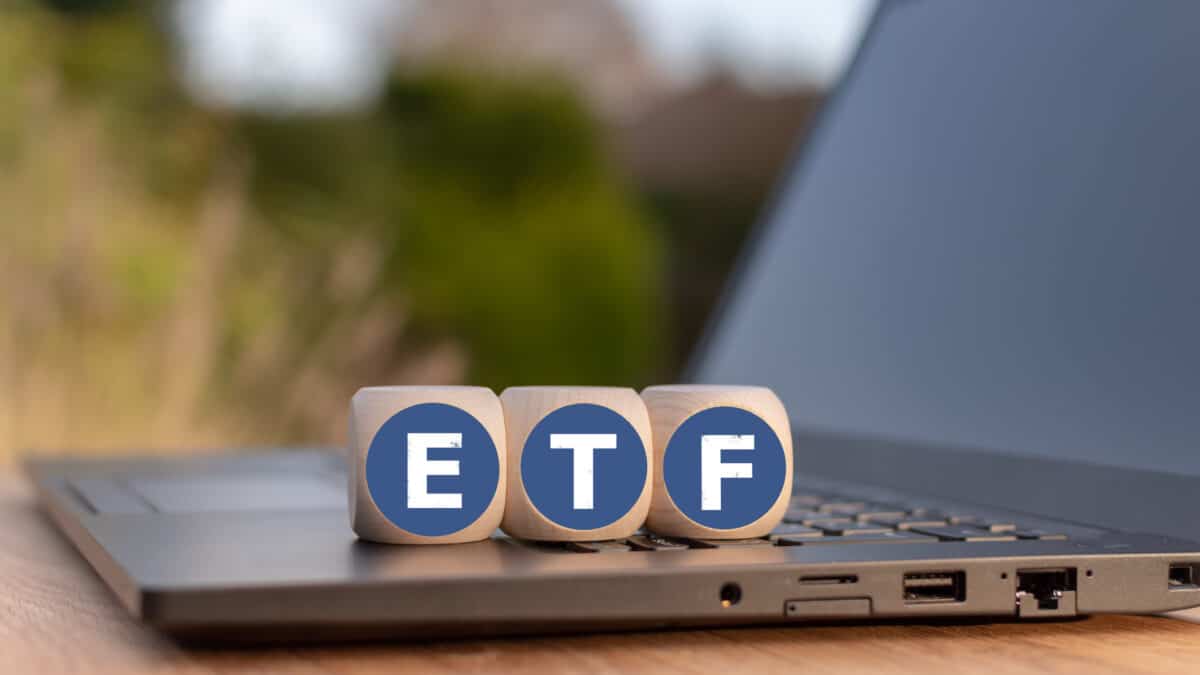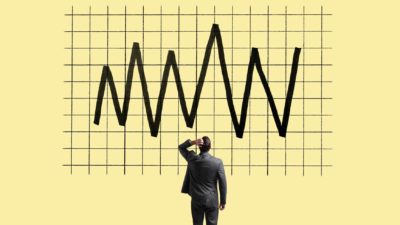There was a story in today's Australian newspaper that highlights the seismic shift happening on global and local stock markets right now.
The headline, a little dramatic in the way of these things, was nevertheless still illustrative: 'Bloodbath for managed funds as ETFs continue to boom'.
The article begins:
"Australian managed funds haemorrhaged a record net $31bn in 2023 and the wound is likely to deepen as the $177bn exchange-traded fund industry is poised to triple in size this decade, continuing to lure investor cash."
The shifts, in percentage terms, aren't as shocking as the language might suggest – apparently outflows from managed funds of around 4%, and growth in ETFs clocks in at 3.4%.
Still, that's a sizeable difference which, if it continues, will change the shape of money management.
Now, as an unabashed fan of ETFs (despite my job as a stock picker), you'd assume I think that's a great thing.
And… I do.
But with a very large asterisk.
It is the way of things that those with the incentive and preparedness to take advantage of circumstances will do so. Which is precisely what some people have done with ETFs. To our potential detriment. Let me explain.
See, once upon a time, there was no easy way to invest in the whole market with a single trade. And then Jack Bogle came onto the scene.
He set up a company, Vanguard, that would create the world's first 'index fund', which did exactly what it said – invested in a stock market index.
Costs came down (and down, and down). And index funds earned their place as wonderful ways to get the market return (less a tiny fee). It was – and still is – a fantastic option for many investors.
It was still a little clunky, though – you had to send a cheque (later, a direct deposit) to the fund manager, who would invest it for you. Then, when you wanted your money back, he (it was almost always a bloke back then) would send you the money.
Later, another breakthrough: You could invest in these index funds by buying and selling them on a stock market through your broker – just the way you could buy normal shares.
They were funds, bought and sold on an exchange. Or, as we now know them, exchange-traded funds, or ETFs.
So far so good. Over time, the phrase 'index funds' was replaced by ETFs.
And 'index funds are wonderful' became 'ETFs are wonderful'.
Which, in hindsight, was our collective mistake (or someone else's marketing opportunity, depending on who's telling the story).
Because, soon after, fund managers decided to create other ETFs. Nothing wrong with that, in theory. If a fund is listed on an exchange, it's an ETF, just like those index funds.
Except that we could no longer accurately say 'ETFs are wonderful' in the same way.
The problem? Investors had already internalised that phrase.
So when these new ETFs were released, they carried some of Jack Bogle's bright halo with them.
The super-low-cost Vanguard ASX 300 ETF and the triple-leveraged Gold ETF were both ETFs.
And ETFs are great… right?
Not any more. At least, not all of them.
So when I read 'ETFs are gaining popularity' I, like most people, instinctively think 'that's great… people are swapping high(er) cost managed funds for low cost passive index funds'.
But that's not necessarily the case. All we know from that data is that people are preferring to invest in stuff listed on an exchange, rather than sending money directly to their fund manager.
I want to believe most people are piling into wonderfully vanilla, super-low-cost, index tracking ETFs.
But too many are probably either being sucked in by the 'ETFs are great' mantra, or are mistakenly thinking 'hey, ETFs are diversified, so if I buy a buy-now-pay-later ETF (for example) it's not risky'.
I have nothing against active investing. It's what I do. Or against using ETFs as a way to buy a bundle of companies in a single trade.
But I do have a problem with the (either accidental or deliberate) conflating of these two very different products under the one label.
If I was either the corporate regulator, ASIC or the stock market manager, ASX, I'd get the product manufacturers (yes, that's what they're called, and yes, that should tell you everything) to use different acronyms: either ETIF (exchange-traded index-fund) or ETMF (exchange-traded managed fund).
Do I think they will? No, unfortunately.
But that's how I think you and I should think about these products – at least that'd remind us of exactly what we're getting, when we invest (and the fees that come with each option!).
Because we all should be a little more like Jack Bogle.
Fool on!









